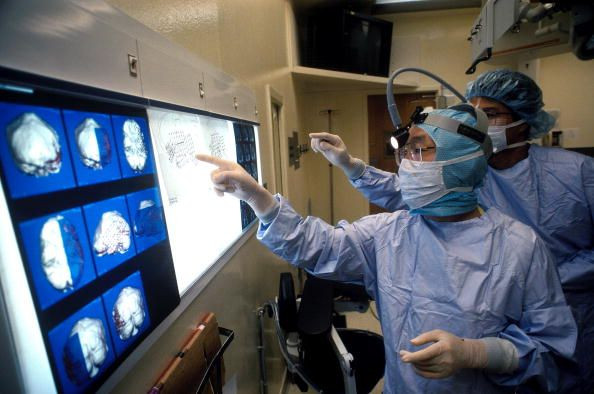‘Severe’ Changes In Brain Found In Long COVID Patients: Study
Since the pandemic started, there have been reports on how some patients were never the same after their bout with SARS-CoV-2. New research may have found the answers to this mystery as scientists recently discovered structural alterations in the brains of some patients.
The discovery appeared to explain why certain individuals suffered memory and cognitive problems long-term. Scientists found that people with anxiety and depression displayed functional and structural changes in their brains while battling COVID-19.
The team shared the findings of the preliminary study backed by the São Paulo Research Foundation early this week before presenting them at the American Academy of Neurology’s 75th Annual Meeting in Boston this coming April.
In their study involving 254 people with an average age of 41, the researchers determined that even a mild case of COVID-19 brought changes affecting the function and structure of the brain. Strangely, such changes were only observed in patients who had anxiety and depression.
The team asked the participants who had mild Covid infection about three months before completing tests assessing symptoms of anxiety and depression. They found that 102 patients had both anxiety and depression, while the rest did not have any of the two. The researchers then analyzed the brain scans of the participants to see if there was brain shrinkage.
While comparing the scans, the group found that those with anxiety and depression displayed shrinkage in the limbic area of the brain — the part involved in memory and emotional processing. The shrinkage was not present in those who did not have anxiety or depression symptoms.
“Our results suggest a severe pattern of changes in how the brain communicates as well as its structure, mainly in people with anxiety and depression with long COVID syndrome, which affects so many people,” Clarissa Yasuda, MD, Ph.D., of the University of Campinas in São Paulo, Brazil, said in a press release.
“The magnitude of these changes suggests that they could lead to problems with memory and thinking skills, so we need to be exploring holistic treatments even for people mildly affected by COVID-19,” she added.
To better understand how such changes affected the brain’s functioning, the team used a special type of software to analyze the networks while the brain was in a resting state. Through this, they were able to look at the changes in connectivity between the brain areas that may have affected brain function.
"There is still much to learn about long COVID, which includes a wide range of health problems, including anxiety and depression, months after infection," Yasuda said.
“Our findings are concerning, as even people with a mild case of COVID-19 are showing changes in their brains months later. More studies are needed to hopefully identify treatments to prevent any long-term effects on people’s quality of life.”

Published by Medicaldaily.com



























